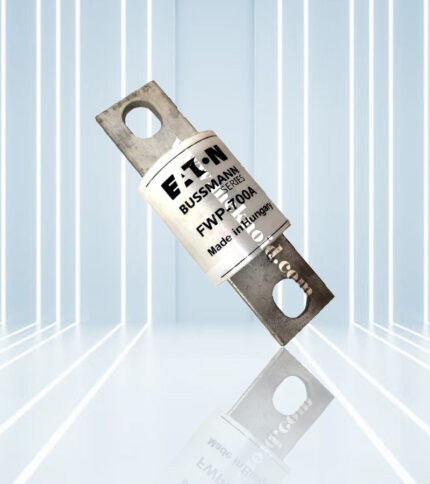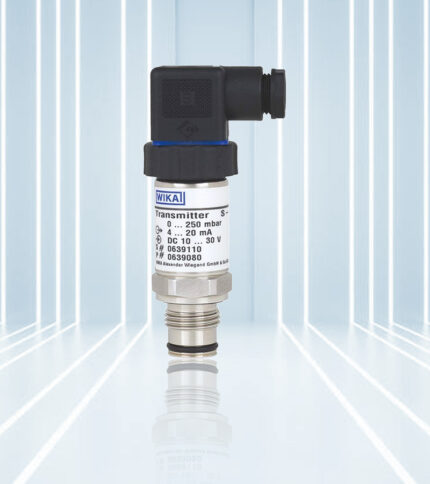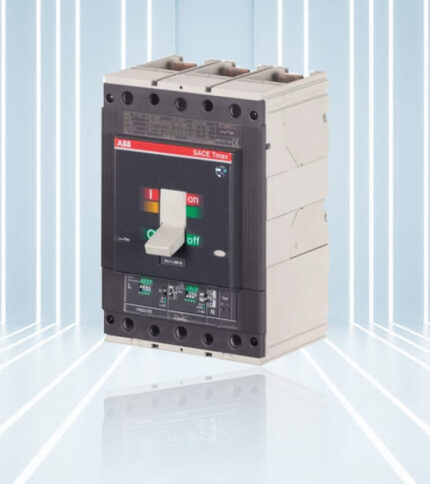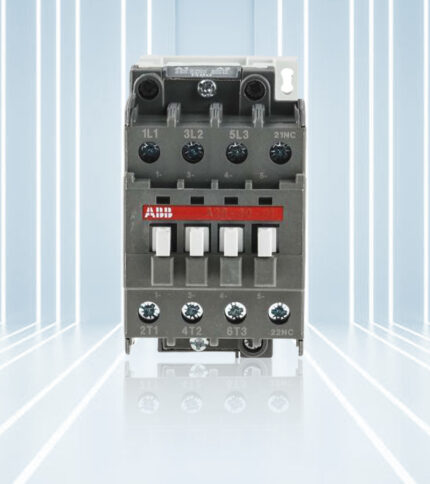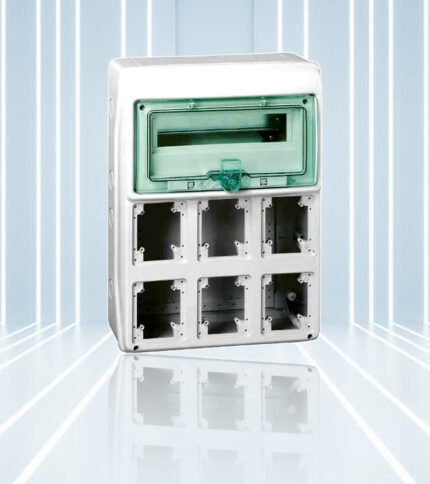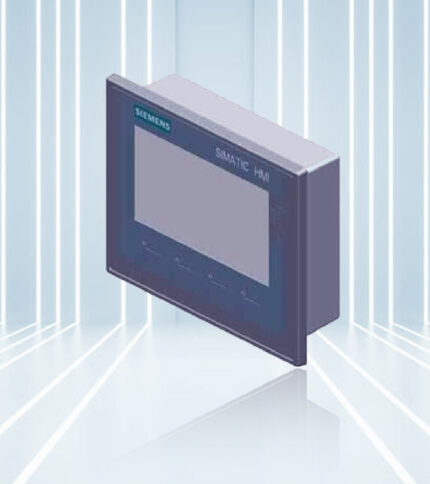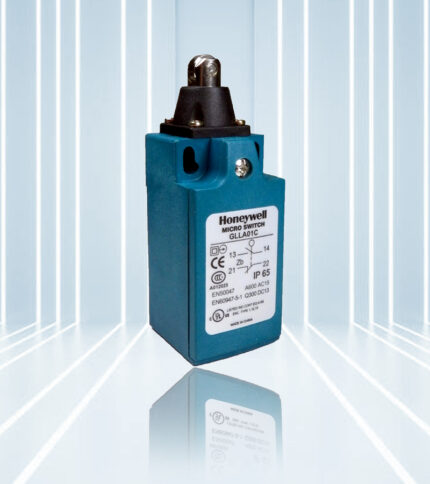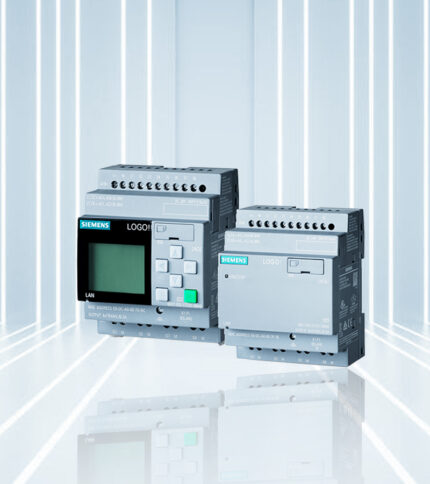Description
Terminal Blocks are essential components used in electrical and electronic systems for terminating, organizing, and connecting electrical wires and cables. These versatile components provide a convenient and reliable solution for managing complex wiring arrangements in control panels, distribution boards, machinery, and electrical enclosures. The operation of Terminal Blocks involves securing electrical conductors by clamping them in place using screws, springs, or insulation-displacement mechanisms. This ensures secure and stable connections while allowing for easy installation, maintenance, and modification of wiring configurations.
One of the key advantages of Terminal Blocks is their modular design, which allows for easy customization and expansion of electrical circuits. They are available in various configurations, including single-level, double-level, and triple-level blocks, as well as feed-through, ground, and fuse terminal blocks, providing flexibility to accommodate different wiring layouts and connection requirements. Terminal Blocks are constructed from durable materials such as nylon, thermoplastic, and ceramic, chosen for their electrical insulation properties, mechanical strength, and resistance to temperature, moisture, and chemical exposure. This ensures reliability and longevity in harsh operating environments and industrial applications.
Terminal Blocks offer several features that enhance their performance and usability, including color-coded terminals, marking labels, and modular accessories such as jumpers, end stops, and covers. These features help streamline wiring installations, improve organization, and facilitate troubleshooting and maintenance tasks. With their versatility, reliability, and ease of use, Terminal Blocks provide a cost-effective solution for electrical wiring and connectivity needs in various industries, including manufacturing, automation, transportation, and telecommunications. Whether you need to distribute power, control signals, or communication lines, our Terminal Blocks ensure secure and efficient electrical connections, enabling safe and reliable operation of your electrical systems.
Benefits
- Versatility: Terminal blocks offer versatility in electrical connections, accommodating various wire sizes, types, and connection methods, making them suitable for a wide range of applications.
- Ease of Installation: These components simplify wiring tasks, allowing for quick and straightforward installation without the need for soldering or specialized tools, reducing installation time and labor costs.
- Modularity: Terminal blocks feature a modular design, enabling easy customization and expansion of electrical circuits, facilitating future modifications or upgrades as needed.
- Organization: Terminal blocks provide a neat and organized method for terminating and connecting wires, improving system aesthetics, accessibility, and ease of maintenance.
- Safety: Terminal blocks ensure secure and reliable electrical connections, reducing the risk of loose or exposed wires, short circuits, and electrical hazards, enhancing overall system safety.
Technology
- Screw-Type Terminals: Traditional screw-type terminals utilize screws to clamp down on wires, providing a secure connection and allowing for easy installation and removal of wires.
- Spring-Type Terminals: Spring-type terminals feature spring-loaded clamps that grip wires firmly, ensuring a reliable and vibration-resistant connection without the need for screw tightening.
- Insulation-Displacement Terminals (IDC): IDC terminals create electrical connections by displacing insulation and making direct contact with the conductor, offering quick and reliable termination without stripping the wire.
- Pluggable Terminal Blocks: Pluggable terminal blocks allow for quick and tool-free connection and disconnection of wires, facilitating modular assembly and maintenance of electrical systems.
- Barrier-Type Terminal Blocks: Barrier-type terminal blocks feature insulated barriers between terminals, providing added protection against accidental contact and short circuits, enhancing safety in high-voltage applications.
Reliability
- Durable Construction: Terminal blocks are constructed from high-quality materials such as thermoplastics, ceramics, and metals, ensuring durability, corrosion resistance, and long-term reliability in harsh environments.
- Secure Connections: Terminal blocks provide secure and stable connections, minimizing the risk of loose connections, arcing, and intermittent electrical faults, ensuring reliable operation of electrical systems.
- Temperature Stability: Terminal blocks are designed to withstand a wide range of temperatures, ensuring stable electrical performance and mechanical integrity in both extreme cold and heat conditions.
- Vibration Resistance: Terminal blocks feature robust clamping mechanisms and secure mounting options, offering resistance to vibration and mechanical stress, preventing wire dislodgment and electrical failures.
- Compliance: Terminal blocks comply with industry standards and regulations for electrical safety, performance, and environmental protection, providing assurance of quality and reliability in compliance-sensitive applications.



